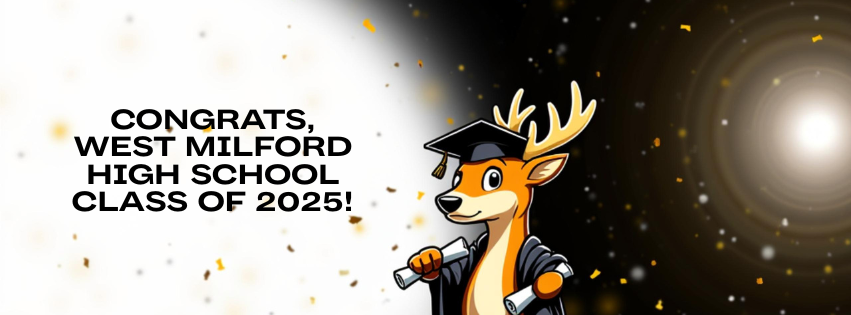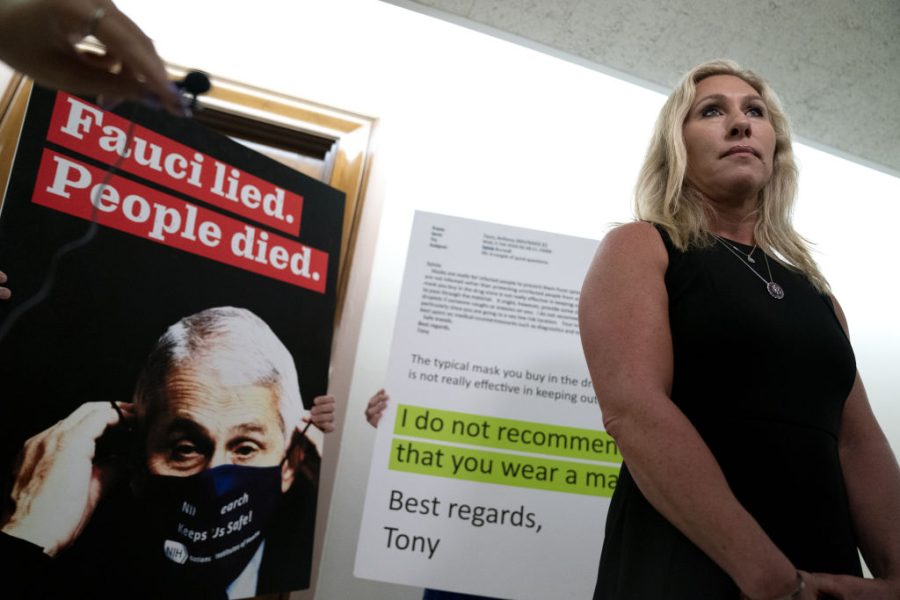Twitter bans Marjorie Taylor Greene, 1st Amendment called into question
Bloomberg / Contributor / Getty Images
Marjorie Taylor Greene experiences Twitter bans due to COVID-19 misinformation.
In the wake of famous political figures like Former President Donald Trump and Georgia Representative Marjorie Taylor Green being banned from using their accounts on Twitter, freedom of speech on social media has been brought into question.
Twitter has developed a strike system to limit accounts engaging in “abusive behavior, like sending threats to others or impersonating other accounts” (Twitter). The social media platform flagged the messages Greene posted about coronavirus as “misleading” according to their screening programs. Her tweets from over the past year pertaining to the 2020 elections and her claims of fraud and the “stolen” results have also been deemed by the Twitter screening programs as “misleading” and “misinformation”. Greene’s latest tweets about the pandemic ultimately led to her ban. The tweet read, “These vaccines are failing & do not reduce the spread of the virus & neither do masks…”, which violated the “COVID 19 misinformation policy” and twitter claims their strikes and policies were clear and “per our strike system for this policy, we will permanently suspend accounts for repeated violations of the policy” (Twitter). Greene clapped back to the social network company saying, “Twitter is an enemy to America and can’t handle the truth… we need to defeat our enemies.”

These incidents and their corresponding bans on politicians bring into question the responsibility politicians have in their statements and the role media networks have in the information politicians spread.
There are many schools of thought when it comes to the regulation of social media and the role of free speech, the most popular are highly contradictory of each other, arguing the rights twitter has to ban accounts and the extent to which social media companies can interfere with freedom of speech.
Social media has evolved into news sources and the way politicians interact with their constituents. So, by banning accounts and restricting politicians’ communication, does Twitter violate 1st Amendment rights?
There is a difficulty in associating Twitter the company with the amendments of the constitution because the first amendment is a measure taken so the government entity itself cannot limit the freedom of speech, but it does not apply to private-owned organizations. Freedom of speech is a barrier put in place in order to make sure the government does not overpower the voice of the people and ultimately ignore civilians. Civil liberties are prized possessions the majority of Americans hold close to their hearts, so the reaction to a company taking those liberties from popular politicians seems to be triggering their fear of losing freedoms.


